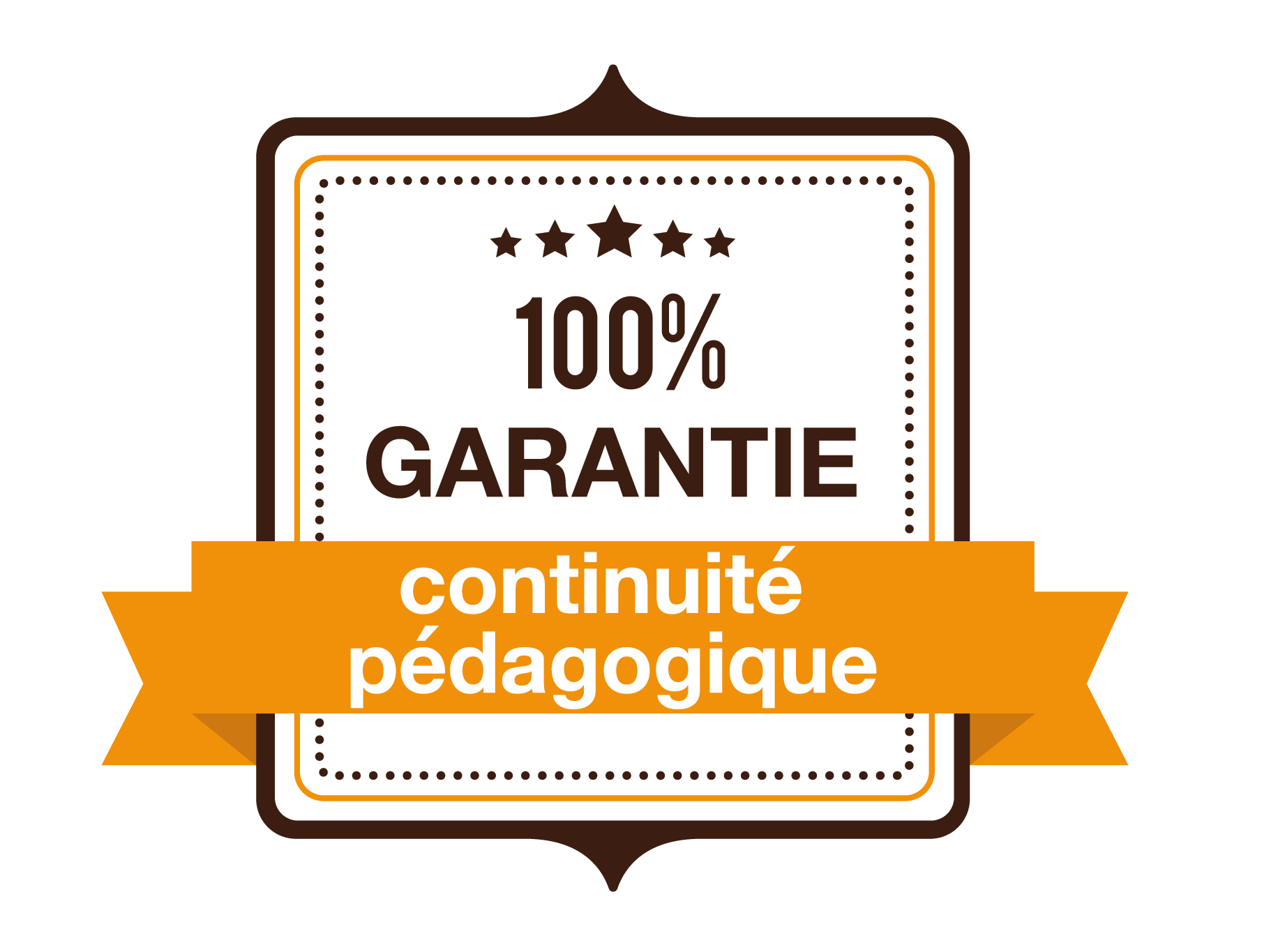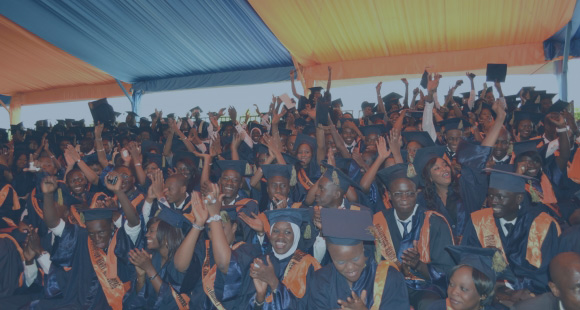La mobilité entrante
La mobilité entrante à programme d’échange semestriel
Le Groupe ISM reçoit chaque année des étudiants en échange provenant de ses différents partenaires. Ces derniers viennent pour un semestre au minimum et une année entière au maximum. Leur présence permet à nos étudiants d’avoir un contact avec l’international avant de se lancer, à leur tour, dans l’aventure. Nos étudiants internationaux ont également l’opportunité de découvrir les merveilles que le Senegal offre en termes de Cultures, de langues et d’intégration.

Programmes Proposés par le Groupe ISM
La vision du Groupe ISM est d’être le porte-drapeau d’une éducation d’excellence et d’innovation par la formation de futurs leaders et d’hommes de synthèse à travers ses cinq écoles :
- Ecole de Droit
- Ecole de Management
- Ecole d'Ingénieurs
- ISM Digital Campus
- Madiba Leadership Institut (l'Ecole de Science Politique et Relations Internationales)
Le Groupe propose des formations de niveau Licence (BAC+3) et Master (BAC+4).

La mobilité Sortante
-
Programme d’Echange / Exchange Program (Cible : étudiants de L3 et de M2)
Les étudiants ne peuvent postuler qu’à partir du second semestre de leur L2 ou de leur M1, à un programme d’échange d’un semestre (Premier ou second) pour leur 3e année ou deuxième année de master dans une des écoles partenaires du Groupe ISM. Ce programme ne dure qu’un semestre et l’étudiant paie son inscription et la scolarité de son semestre d’échange au Groupe ISM:
- 1er semestre : Septembre
- 2nd semestre : Janvier
-
Double Diplomation / Double Degree (Cible : étudiants de L3 et de M2)
A partir de la L2, les étudiants ont la possibilité de postuler, à partir du second semestre de leur L2, à un programme de double diplomation pour toute leur 3e année dans une des écoles partenaires. Ce programme dure toute la 3e année. L’étudiant ne paie au Groupe ISM que ses droits d’inscription pour la L3. Ensuite, il payera son inscription et ses mensualités à l’école d’accueil. A la fin de sa formation, il bénéficiera du diplôme de son école d’accueil et de celui délivré par le Groupe ISM.
-
Mobilité Nationale
Les étudiants ont la possibilité de faire un semestre de la 3é année dans une des écoles ISM des régions (Thiès, Mbour, Kaolack, Ziguinchor et St louis). Par rapport au Règlement Pédagogique Interne (RPI), il reste le même car l’étudiant étant toujours dans le même réseau.
-
Admission Internationale / International Admission (cible : étudiants de L3 et M2)
A partir de la 3e année de licence ou de sa 2e année de master, l’étudiant peut déposer sa candidature pour effectuer son master dans une des écoles du réseau Galileo. Galileo est le leader mondial de l’enseignement supérieur indépendant. Il compte 61 écoles d’excellence dans 18 pays dans les domaines des arts et de la création, de la communication, du management, du digital, du juridique et de la santé.
ISM ayant intégré le réseau Galileo depuis 2017, les étudiants bénéficient de certains avantages. En effet, ils ont une réduction de 15% sur la scolarité annuelle du Master 1 de l’école qu’ils vont choisir.
Rejoignez une école du Réseau Galiléo Global Education (GGE) et profitez d'une REDUCTION de 15% avec une possibilité d’alternance !
Découvrez les Conditions d’éligibilité & documents à fournir : Il est obligatoire d’utiliser votre adresse électronique ISM (votrenom@ism.edu.sn) pour envoyer votre dossier de candidature. Si vous n’avez pas de compte ISM, faites-vous en établir par votre assistant de programme.
- Être régulièrement inscrit à l’ISM en 2ème (double diplomation) ou 3ème année de licence ; en 2ème année de master (MBA2)
- Avoir au minimum 12/20 de moyenne annuelle, sur chacune des années précédant le départ en échange. Pour certains cas1, le cumul des moyennes des moyennes sera considéré.
- Être à jour avec la comptabilité (versement intégral des frais de scolarité).
- Payer les frais de dossier des programmes internationaux : 328.000FCFA (NB : les frais de dossier pour le programme d’échange et la double diplomation sont payés à la caisse du Groupe ISM)
- Renseigner le formulaire de candidature « Outgoing Application Form » en précisant vos trois (03) choix d’établissement d’accueil, par ordre de préférence.
- Joindre au formulaire les éléments constitutifs du dossier, à savoir :
- votre curriculum vitae actualisé, en français/anglais, dépendant de la langue d’enseignement du programme choisi.
- votre lettre de motivation adressée au Directeur des Relations Internationales. Elle doit être rédigée en français/anglais, selon la langue d’enseignement du programme choisi.
- une lettre de recommandation d’un de vos professeurs à l’ISM. Elle doit être rédigée en français/anglais, dépendant de la langue d’enseignement du programme choisi.
- vos relevés de notes (semestre 1 et semestre 2) des 1ère et 2èmes années pour le cycle Licence / les relevés de notes de la 1ère année pour le cycle Master, certifiés à la scolarité.

5 Zones/Fields of research & Entrepreneurship
Zone 1. DAKAR & GOREE ISLAND
Researches will be about the nature, history and characteristics of Senegalese/Dakar’s economy. It will be about the relative importance of demand and supply dynamics in the tertiary sector (e-money, Islamic banking, transportation, education, etc.), with a focus on fundamentals
Zone 2. PETITE CÔTE & SINE SALOUM
Students will survey the Senegalese historical evolution of tourism especially in that region (Saly-Portudal, Mbour, Joal, etc.). The research will focus on the major trends and events organized by the local communities, NGOs and authorities, in order to foster ecotourism and other related activities for a real sustainable development of the rural surround areas
Zone 3: CASAMANCE
Students will present the remarkable efforts and advances made by Casamance’s communities from a cultural, life style and sociological perspectives. The economic structure (e.g. the linkages between agriculture and agribusiness opportunities) can be considered with a focus on fundamental goods and foods like rice, vegetables, etc.
Zone 4: WEST-CENTRAL (Thies, Louga, Touba, etc.)
Researchers will explore how eldership, religions and other local values,contribute effectively to the sustainability of a peaceful environment in that region and throughout Senegal more broadly.
Zone 5: SAINT-LOUIS
Students can look at the development of region’s key economy, fishing. St Louis is also widely recognized as a cultural centre of West Africa. Students may wish to explore the impact of the digital economy on the artistic and cultural production of the region.



